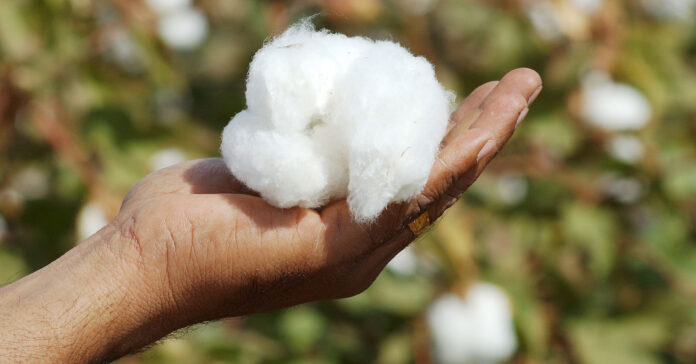Two major government-backed institutions, one from China and the other from Pakistan, have signed an agreement aimed at improving Pakistan’s cotton production through advanced technological methods. The collaboration, outlined in a memorandum of understanding (MoU), is set to strengthen Pakistan’s cotton sector, which remains vital to its economy.
Cotton is a crucial cash crop for Pakistan, positioning it as the fifth-largest producer of cotton and the third-largest producer of cotton yarn globally. Contributing 0.8% to the country’s GDP, cotton also represents 51% of Pakistan’s foreign exchange earnings. The industry supports over 1,000 ginning factories and around 400 textile mills across the nation.
The MoU was signed between the Ayub Agricultural Research Institute (AAIR) in Punjab, Pakistan, and the Institute of Cotton Research (ICR) under the Chinese Academy of Agricultural Sciences. Through this agreement, the two institutes will focus on enhancing cotton yields through genetic improvements and promoting Pakistan’s cotton industry internationally.
The ICR, China’s only state-level cotton research institution, leads national research projects tackling critical challenges in cotton production. AAIR, founded in 1962, is among Pakistan’s foremost agricultural research bodies, committed to developing new crop varieties and technologies for food security.
This partnership comes amid rising cotton imports to Pakistan, driven by a significant drop in domestic cotton production. As of January, factories had received 5.51 million bales, a 34% decrease compared to the previous year. In Punjab, Pakistan’s primary cotton-producing region, production fell to 2.7 million bales, down by over 36% compared to last year.




